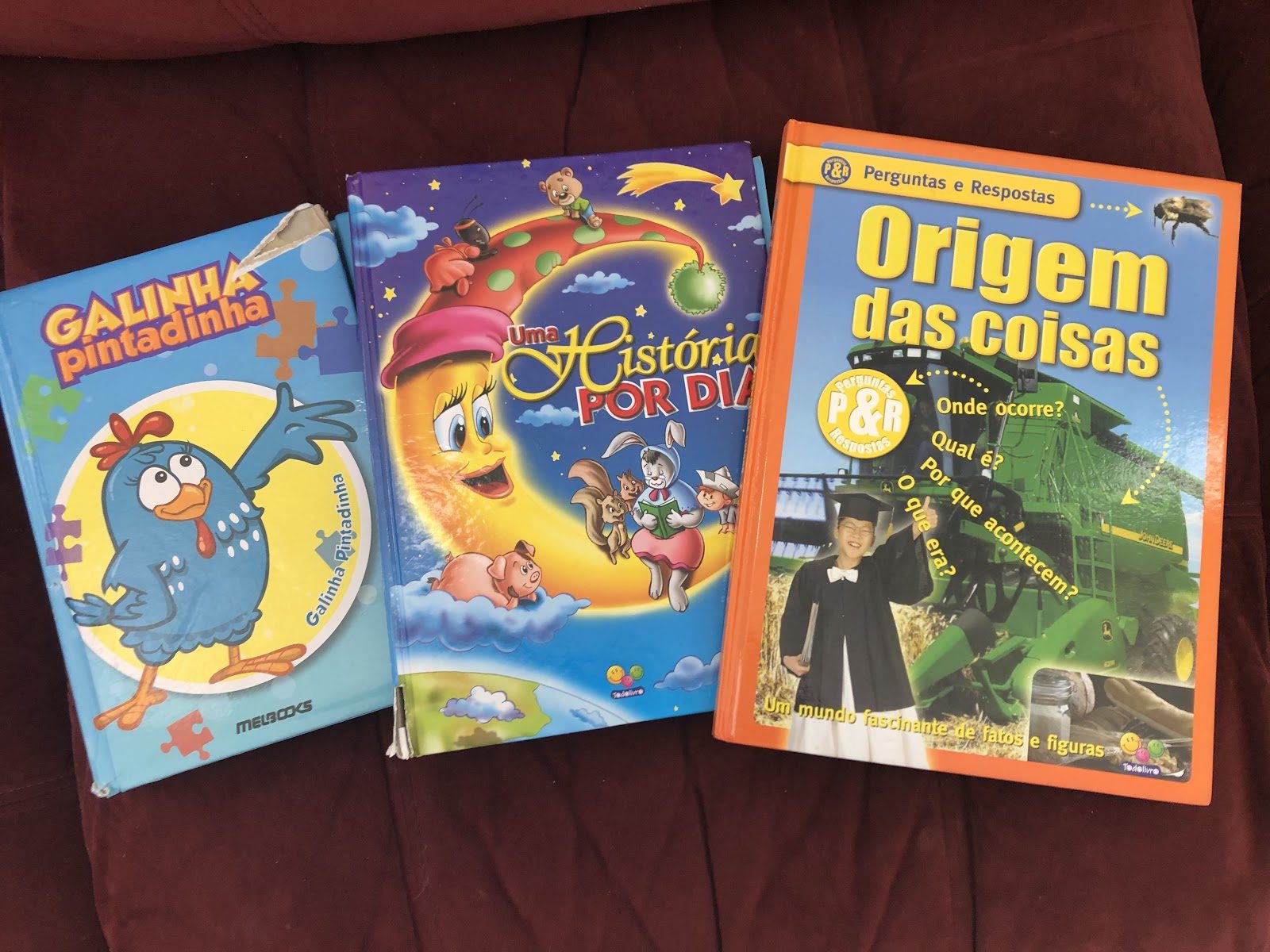Reading books is a great way to increase vocabulary and fluency. There are many options in almost any language. (Photo courtesy of Isabel Weld)
Many LRHS students are currently studying a foreign language. The school offers three options: Spanish, French, and Latin.
A few students shared their language learning journeys so far.
Kathryn Deary, a junior, has been studying Latin since the age of four. When asked why she started, she wrote via text, “I love it. It’s a fun language to speak but it will also be a really good jumping-off point for learning other languages, which is my goal.”
Studying Latin, or any other language, can make it easier to learn others.
She then said that dedication is the key to learning efficiently, and one can learn anything if one is dedicated. Some languages are harder than others — Latin has unique grammar rules. It also has cases, and it can be difficult to remember which ones to use when. Cases are endings that are sometimes added to nouns or adjectives in order to reveal the relation of the word to the rest of the sentence.
However, there are some benefits. Deary wrote, “It helps your brain to think differently. Translating and thinking in another language is a weird experience that can really only be compared to composing and playing music. It also is a skill that, when developed, could be used for learning other languages, which is good especially if you’re looking at going into international relations.”
These benefits include being able to communicate with non-English speakers, better memory skills, and training your brain in a new way.
Señorita Castillo, a Spanish teacher who taught at LRHS last year, says that Spanish has helped her in many areas such as communicating better with other people and learning more about culture.
Teaching Spanish rather than just speaking it has even further improved her skills. She wrote, “Spanish is the language that I learned first, being a teacher and really diving into specific grammar has definitely helped me understand my native language more. Also, being away from family I stopped using Spanish and switched to English for the majority of my speech. Teaching Spanish has helped me keep my spanish use in practice.” In order to teach, one must truly learn the subject.
According to Señorita Castillo, the best way to teach is to challenge students a little, to push them, so they can learn new meanings. She said via email, “My job is to make the language comprehensible to my students but at the same time making them struggle a bit so that they can figure out on their own the meaning of speech.”
She says that one of the ways students learn is by seeing repeating words and meanings. When learning a new language, students have to start with the basics, just like when they were younger learning their native language. “It’s similar to how toddlers learn a language for the first time,” she said.
There are even more benefits to learning a language that many don’t even realize. Castillo explained: “[Language learning] makes your memory capabilities increase (bilingual people are less likely to get dementia later in life).” Then there are the obvious perks, like more job opportunities (international jobs) and being able to more easily travel to non-English speaking countries.
When various students were asked about the difficulty of learning, they all admitted that language learning is not easy, and the hardest part is grammar.
Even with the challenge, they agree it is beneficial in so many ways.
Jacqueline Willis, an LRHS junior, said via text that, “practice, practice, practice” was the best way to learn and remember everything. While remembering words is important, truly understanding everything is key.
Kathryn Deary wrote, “It’s one thing to know the words but it’s another to read and understand texts from over 1000 years ago. Studying is the most effective way to go.”

Hi! My name is Isabel and I am a staff writer for The Mycenaean. I am also a member of Leesville’s Math Club.

Leave a Reply